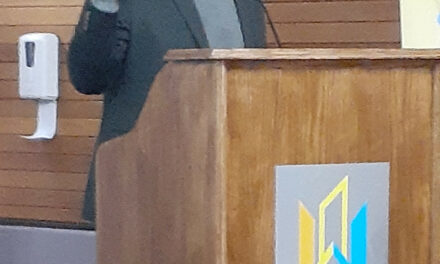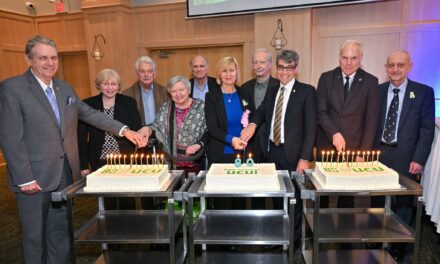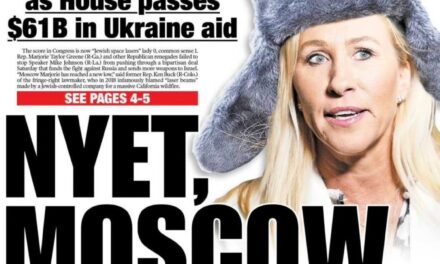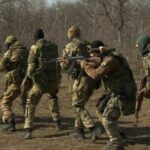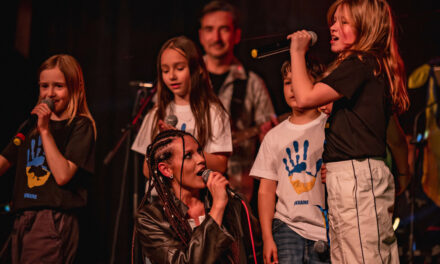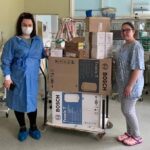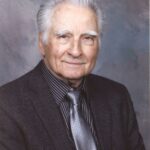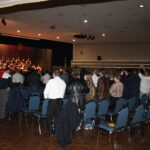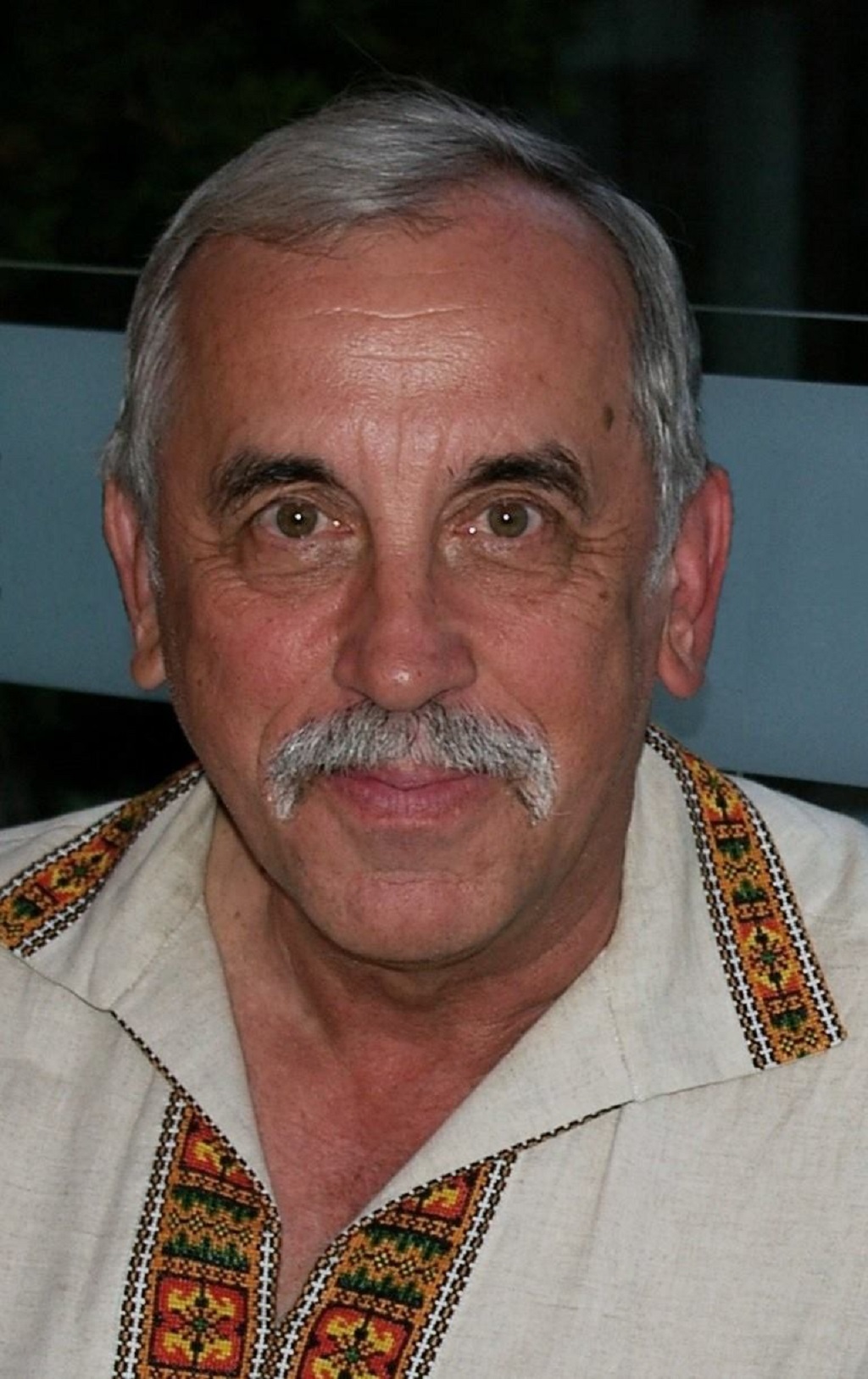Last week, many Ukrainians celebrated the Feast of the Transfiguration (Preobrazhenia). As well as being one of the standard feast days of the church calendar, this day has also been the traditional dividing line between summer and fall on the rural agricultural calendar. In the villages (selos) it is celebrated with, among other things, by bringing baskets of fruit, grain and other produce from that summer’s harvest to the church to be ritually blessed.
Such customs reflect Ukrainians’ historically deep attachment to the land, one that is regrettably disappearing at an accelerated pace as Ukraine strives to rapidly catch up to the modern, industrialized western world. The advent of the Soviet state and its pernicious implementation of large scale collective farms greatly damaged a special and deep relationship that Ukrainians had developed with their land, one that had lasted for many centuries. When the Soviet Union broke up, there was a brief revival of this relationship, as the long-suffering toilers on the former collective farms were given their own little private slivers of land. The older folks who still remembered what life was like before the Soviet era, were overjoyed to be able to once again rekindle the love of the land that had sustained their ancestors for all those many generations.
I fondly remember my visits to the selo, my family’s ancestral village in the early 1990’s. One fine late summer day, my seventy years old cousin Ivan invited me out to the field to help him cut hay the old fashioned way with long handled scythes. I had never before used a scythe, but figured it would be a fairly straightforward task – you just swing the scythe in an arc, and the grass would neatly and easily fall to the ground. It did not take long for me to be disabused of my foolish presumptions. While my elderly cousin gracefully and effortlessly cut wide swaths with a practiced ease, I struggled far behind him, and it did not take long for me to tire myself out as I trashed about in true neophyte fashion, mangling the grass more than cutting it.
In the days, months and years that followed when I lived in Ukraine, Ivan, with true patience and generosity, shared with me his vast store of knowledge and lore about the land, the ridna zemlya that he so loved. It was a special relationship that I was sure was embedded in his genetic make-up. He knew the vital characteristics of every square metre of his little plot of land. He knew when to sow and when to harvest. He knew which crops to plant where for optimal results. He knew how to best deal with changes in the weather, with the pests both large and small that might threaten what he had planted. He also knew where in the surrounding forests you could find wild berries and mushrooms that supplemented what he cultivated on his own land.
All this finally helped me to better understand the motivations and choices that my own parents made as immigrants in Canada. They had arrived here essentially as impoverished refugees, forced to take on whatever jobs they could find. For the first fifteen years after they married, my father toiled hard in the mines of northern Quebec while my mother struggled to raise three young children. Eventually, they had saved enough to move to southern Ontario and buy a farm in the Niagara Peninsula. Here at last they realized their ultimate dream, to return to their traditional roots on the land. Although the work was hard and entailed many sacrifices, here they were in their true element. Here they felt at home. Here was where their heart and soul belonged.
Back then, as a teenager, I did not fully appreciate the nature and the genesis of their love for life on the farm and for their innate deep relationship with the land and the natural world. I only began to better understand it after my prolonged exposure to life in the selo when I lived in Ukraine. In recent years, my bond with the earth has grown stronger as I have begun to expand my efforts in the garden in my back yard. Tilling the soil and growing my own food has evoked unexpected pleasures and feelings of accomplishment that are hard to explain.
For my cousin Hryts in Pidkamin, there is no need for explanations. As he once told me, the joy and satisfaction that you get from working with and being in harmony with the land and nature is one of those mysteries that is beyond the purview of the rational mind. It belongs to the domain of the spiritual, and can only be grasped emotionally and not intellectually.
Share on Social Media







